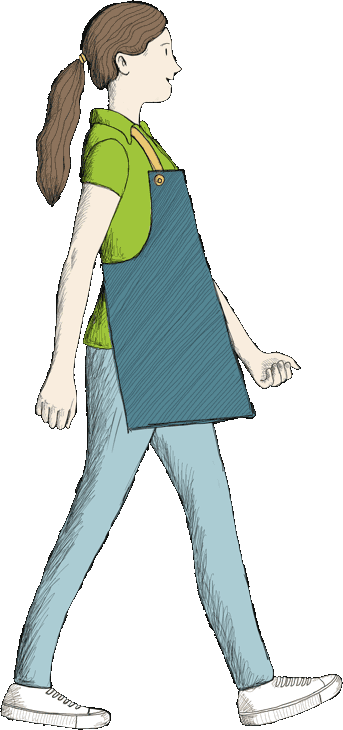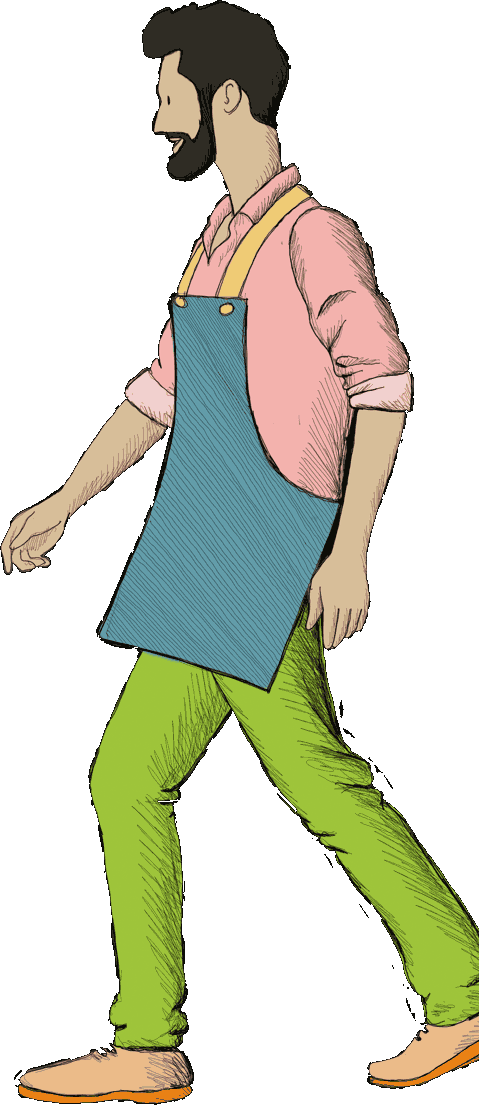
Community Gardens in London

Community gardens have a very long history in the UK. Sharing lands, tools and harvest was the foundation of the early agricultural co-operative systems that played a crucial role in World War 11, when urban communal gardens provided fresh fruit, vegetables, and livestock to the local populations. London has the biggest concentration of community gardens in the UK, and they are all run by committees of local people on a voluntary basis.
“Community gardens changed their features and goals in the 60s, becoming a political movement and catalyst for social action. People started occupying empty and degraded urban areas turning them into green spaces by the community and for the community.”
– Francesa Nicol Engagement and Fundraising Officer at Walworth Garden
Fighting food insecurity is still the main goal nowadays, but they also aim to create social inclusion, preserve wildlife, promote bottom-up urban regeneration and improve city’s environmental conditions.
During MM’s Easter Holiday program, for children in the Southwark area, we had the opportunity to spend a day at Walworth Garden. We learned all about the garden’s wildlife and biodiversity, the herbs, and vegetables you can grow at home, and how to take care of your plants. We learned how to sow seeds, followed by a wonderful lunch in the garden.
Walworth Garden was founded in 1987 by a group of residents in a void area, previously occupied by Victorian terraces demolished in the 70s. It was officially registered as a charity in the 90s.
With 8 ponds, 2 greenhouses, plenty of plant beds, herbs, vegetables and apiary, Walworth Garden is a reference point for the local community and a temple for wildlife and biodiversity.
The garden team at Walworth Community Garden are aware of the importance of offering accessible and inclusive opportunities to as many people as possible. The activities and workshops the team deliver are free, and are focussed not only on gardening, but also on wellbeing and educational purposes.
“Gardening is more than a leisure activity, it is a social and political act. Gardening is all about inclusion.”- Francesca Nicol

